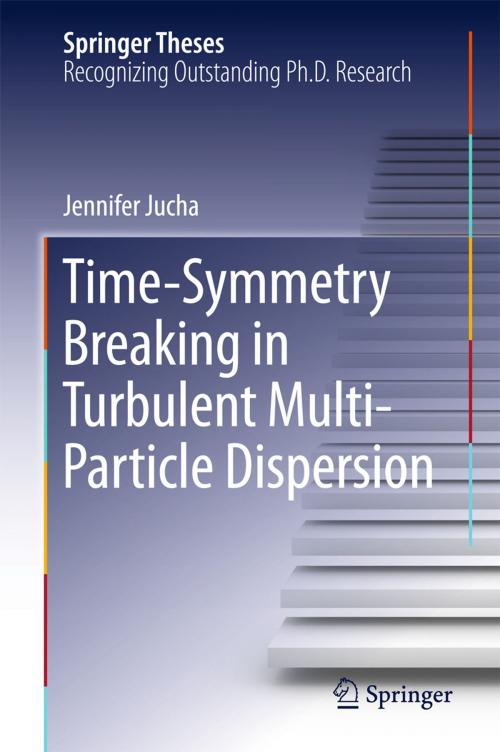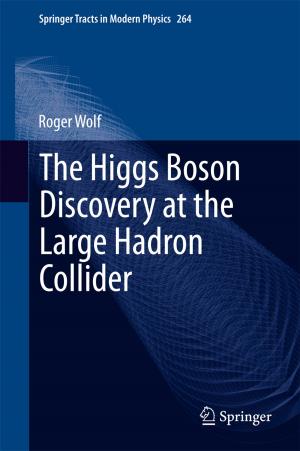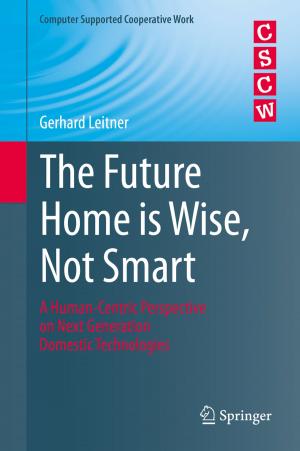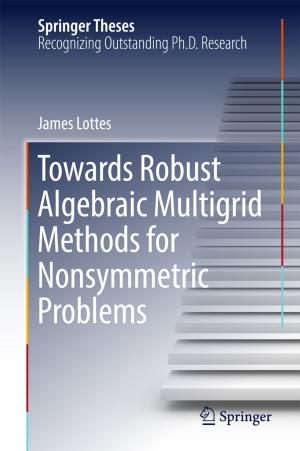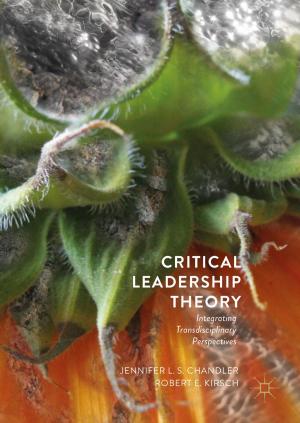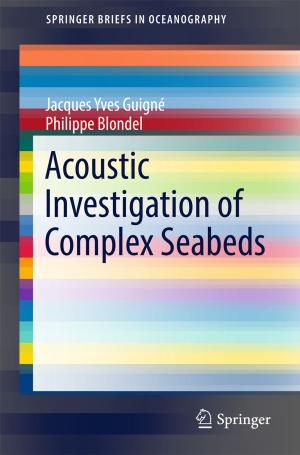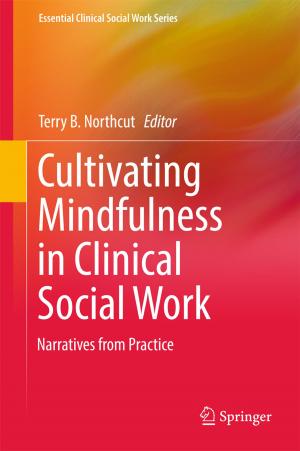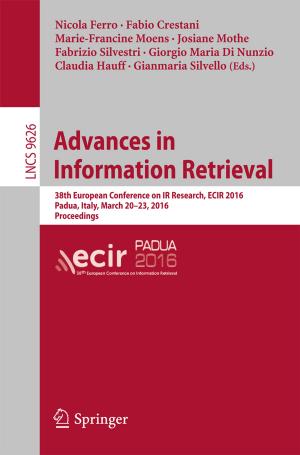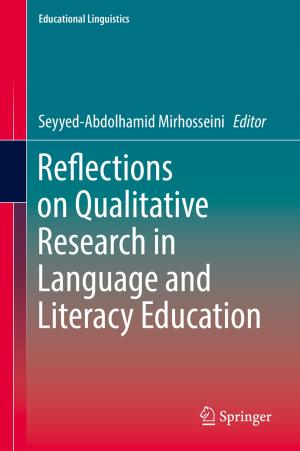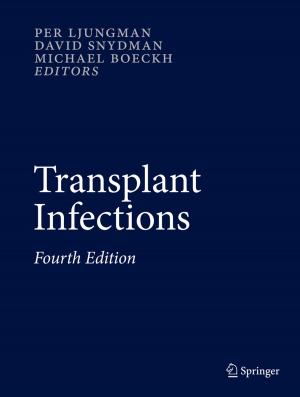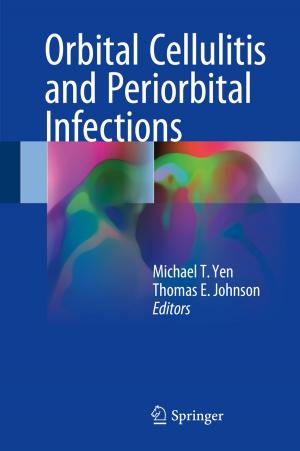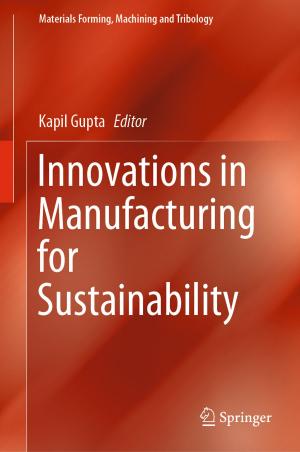Time-Symmetry Breaking in Turbulent Multi-Particle Dispersion
Nonfiction, Science & Nature, Science, Physics, Chaotic Behavior, Mechanics, Mathematics| Author: | Jennifer Jucha | ISBN: | 9783319191928 |
| Publisher: | Springer International Publishing | Publication: | July 20, 2015 |
| Imprint: | Springer | Language: | English |
| Author: | Jennifer Jucha |
| ISBN: | 9783319191928 |
| Publisher: | Springer International Publishing |
| Publication: | July 20, 2015 |
| Imprint: | Springer |
| Language: | English |
This thesis presents experimental and theoretical investigations of the connection between the time asymmetry in the short-time evolution of particle clusters and the intrinsic irreversibility of turbulent flows due to the energy cascade.
The term turbulence describes a special state of a continuous medium in which many interacting degrees of freedom are excited. One of the interesting phenomena observed in turbulent flows is their time irreversibility. When milk is stirred into coffee, for example, highly complex and interwoven structures are produced, making the mixing process irreversible.
This behavior can be analyzed in more detail by studying the dispersion of particle clusters. Previous experimental and numerical studies on the time asymmetry in two-particle dispersion indicate that particles separate faster backwards than forwards in time, but no conclusive explanation has yet been provided.
In this thesis, an experimental study on the short-time behavior of two- and four-particle dispersion in a turbulent water flow between two counter-rotating propellers is presented. A brief but rigorous theoretical analysis reveals that the observed time irreversibility is closely linked to the turbulence energy cascade. Additionally, it is demonstrated experimentally that the addition of minute amounts of polymers to the flow has a significant impact on multi-particle dispersion due to an alteration of the energy cascade.
This thesis presents experimental and theoretical investigations of the connection between the time asymmetry in the short-time evolution of particle clusters and the intrinsic irreversibility of turbulent flows due to the energy cascade.
The term turbulence describes a special state of a continuous medium in which many interacting degrees of freedom are excited. One of the interesting phenomena observed in turbulent flows is their time irreversibility. When milk is stirred into coffee, for example, highly complex and interwoven structures are produced, making the mixing process irreversible.
This behavior can be analyzed in more detail by studying the dispersion of particle clusters. Previous experimental and numerical studies on the time asymmetry in two-particle dispersion indicate that particles separate faster backwards than forwards in time, but no conclusive explanation has yet been provided.
In this thesis, an experimental study on the short-time behavior of two- and four-particle dispersion in a turbulent water flow between two counter-rotating propellers is presented. A brief but rigorous theoretical analysis reveals that the observed time irreversibility is closely linked to the turbulence energy cascade. Additionally, it is demonstrated experimentally that the addition of minute amounts of polymers to the flow has a significant impact on multi-particle dispersion due to an alteration of the energy cascade.
